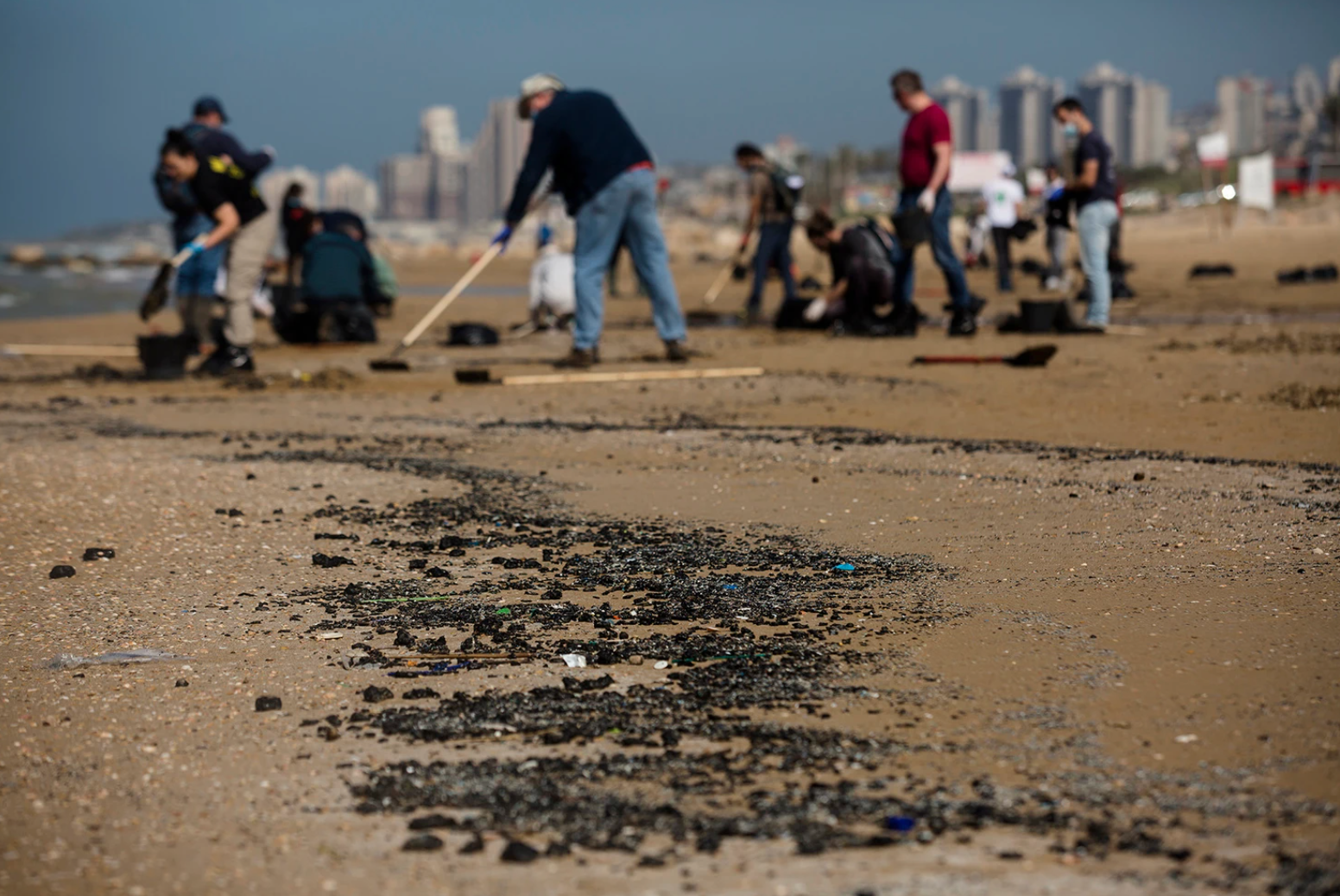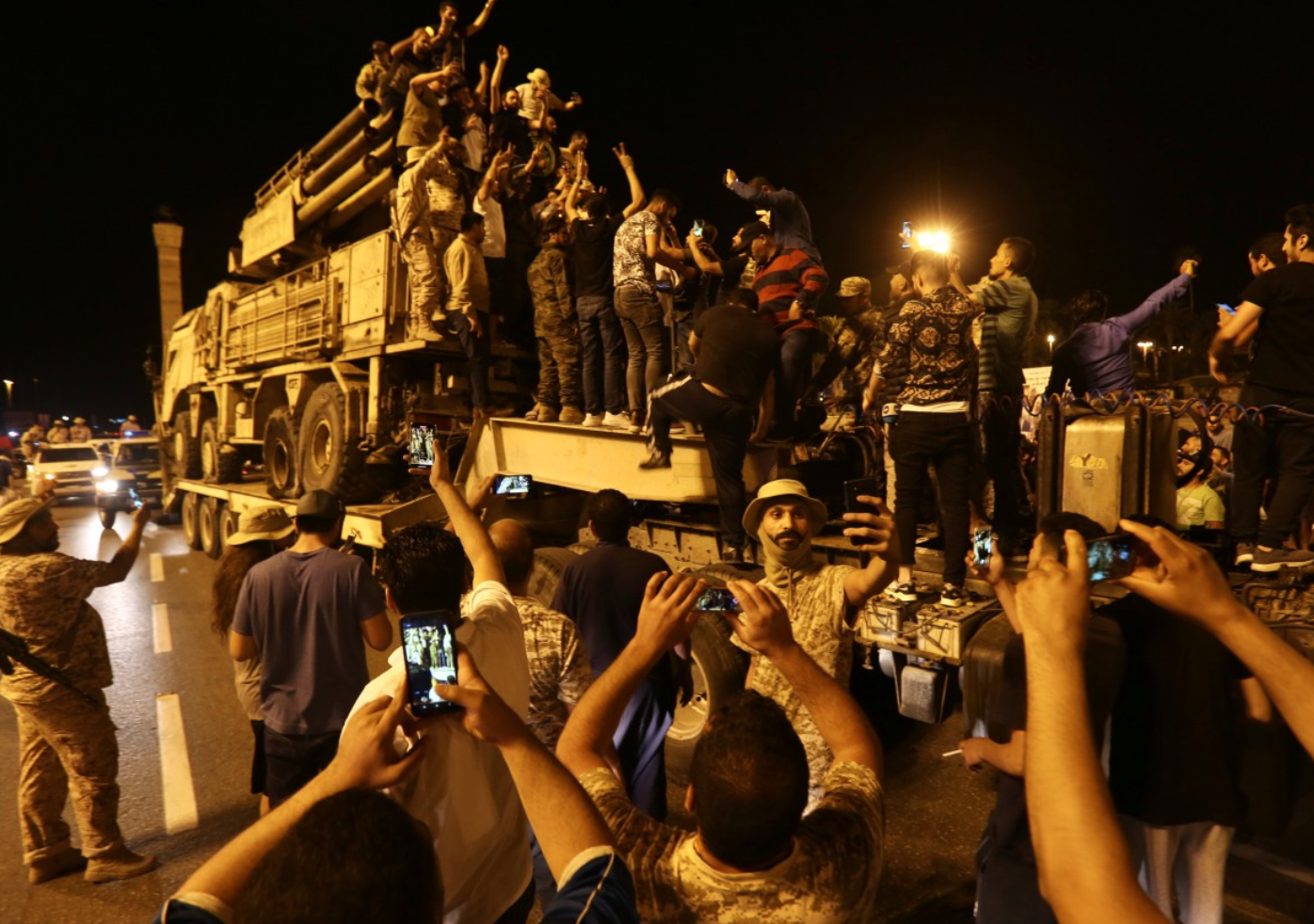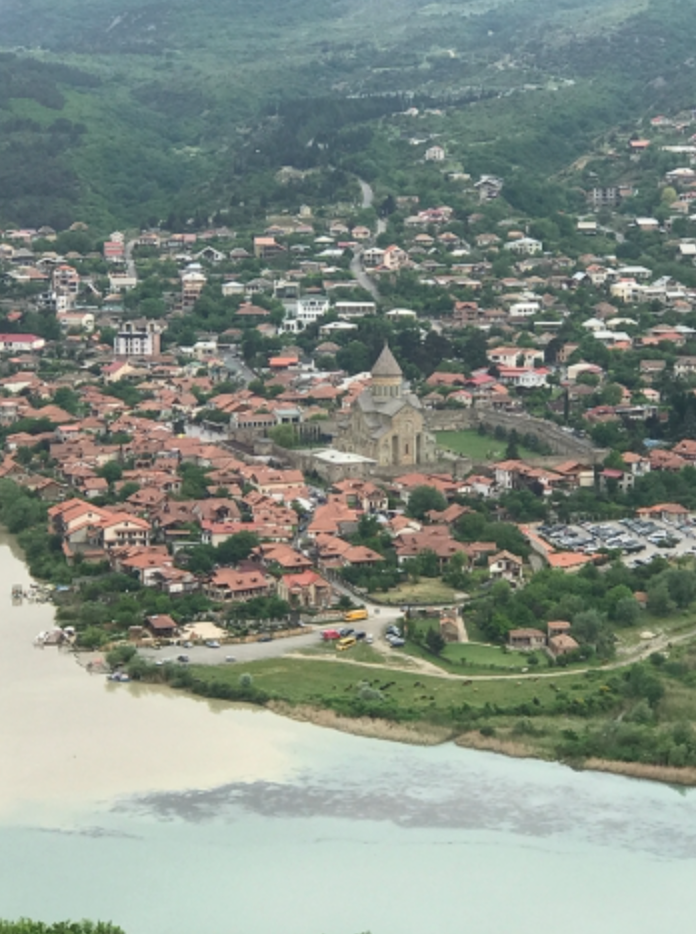
Power struggle over oil threatens Libya's fragile transition process
Oil production shutdowns are increasingly likely as several players in the sector push their own agenda.

Will Oil Spill Conspiracy Theories Help Netanyahu Win?
Israeli voters face a toxic sludge and dubious propaganda about Libya and Iran as they head to the polls.

Our Shared Humanity, Middle Eastern Hospitality, and Authentic Georgian Wine Reinterpreted for Our Covid Christmas
This year’s holiday season follows rapidly on the heels of the most divisive election in American history. Its sheer vitriol and long-term polarising implications overtly challenge all possible prior assumptions about ‘our shared humanity’.

Turning the Tide: How Turkey Won the War for Tripoli
The determinative factors that swayed the War for Tripoli - launched by Gen. Khalifa Hifter in April 2019 - were novel military, technological, and diplomatic phenomena.

An International Financial Commission is Libya’s Last Hope
Even if something resembling a political deal emerges and militias are progressively cut off from external sources of military support, the core economic issues that gave rise to the six years of Libyan civil conflict will still remain.

How to Avoid the Second American Civil War
This November, a second American civil war could erupt when one side loses the elections and the other takes to armed resistance or looting.

The Brotherhood of Man, Georgian Wine, & Christmas Spirit
The Brotherhood of Man usually seems like an abstract concept, but when total strangers invite you into their home to feast on local specialties, nothing could actually feel more concrete.

The UN deliberately (albeit mistakenly) accorded sovereignty to post-Gadhafi Libya’s economic institutions
There are few contemporary global conflicts where the UN is still the primary mediator, peacekeeper, or forum for political negotiations. Libya is an exception.

How Libya’s economic structures enrich the militias
Largely overlooked in international policymaking toward Libya’s current conflict is the role of corruption as a key driver of violence, as opposed to merely its byproduct.

It’s the Economy Stupid: How Libya’s Civil War Is Rooted in Its Economic Structures
International peace-making efforts in Libya remain doomed if they cannot address the root causes of malaise: flawed economic institutions and the lack of a social contract.

Kingdom of Militias: Libya’s Second War of Post-Qadhafi Succession
International players have the tools to prevent Libya from becoming enshrined as a kingdom of militias, but only if they transcend their divergent approaches to cut off the belligerents’ purse strings.

The Islamic State’s Revitalisation in Libya and its Post-2016 War of Attrition
Following its territorial loss of Sirte in December 2016, the Islamic State in Libya has rebounded to wage a war of attrition that seeks to derail Libyan state formation.

When it comes to Ukraine, Trump’s alleged misdeeds go beyond quid pro quos
Understanding how important Ukraine is to U.S. security reveals how serious the president’s alleged high crimes were.

Greek VICE News Backgammon Interview with Jason Pack
Jason Pack was interviewed by Greek VICE News following his 2018 Backgammon World Championship first-place results in the Doubles Tournament and the Belair Team Tournament.

Libya’s House of Cards: Elections Without Institutions
After years of civil war in Libya, the recent plan to hold elections there seems like a rare ray of sunshine, creating hope that the country may be on the path to peace. However, caution is needed.

Al-Qaida’s Strategy in Libya: Keep it Local, Stupid
This article looks at how al-Qaida-linked groups focus on the local struggle in Libya, how they have shaped their strategies and activities in the country, and what impact this has had on the communities where they are active.


Serendipity in the Caucasus: An examination of the major Georgian Qveri wine varieties
Jason Pack interlaces philosophy and flavour as he investigates the Qveri-aged wine of Georgia…

The origins and evolution of ISIS in Libya
This article examines ISIS’s pre-history, birth, expansion, consolidation, and dispersal in Libya, as well as the broader political context of the country.
